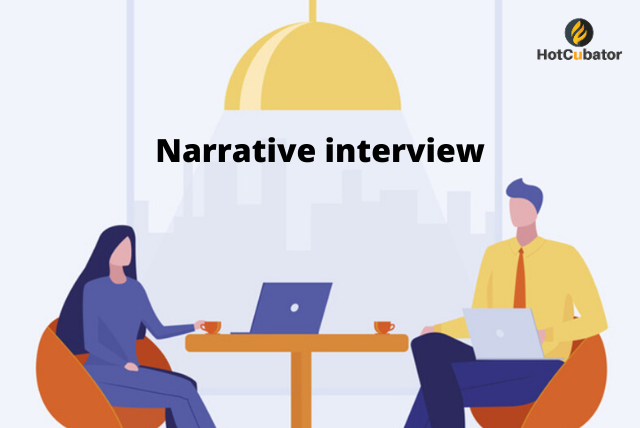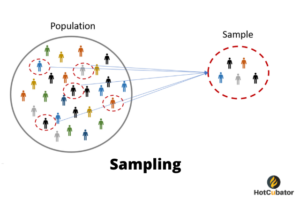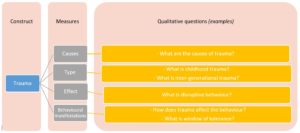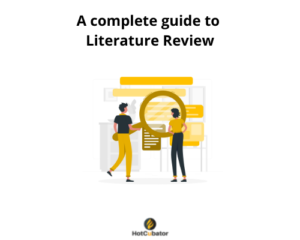
Qualitative methodology is useful to elicit deeper insights from the subjects compared to other forms of research. The methods used in qualitative research help to explore the lived experiences of the subjects in a relaxed and eloquent manner. Of all the various research methods in qualitative research, interviews are regarded as the most rigorous due to its power to elicit depth perspective from the subject. Interviews, however, are of various natures and can be tailored depending on the research topic and the skill level of the researcher.
A narrative interview is a widely used interviewing technique that was popularised by Fritz Schütze in the 1970s. Narrative interviewing has become very popular due to its strength to permit longer experiential periods or even complete biographies to be recorded sequentially from the interviewees’ perspective. This popular qualitative research method allows the subjects to express their perspectives ‘off the cuff’ about a particular topic, part of their everyday life or even their entire life story. For example, if a researcher is planning to gather some initial perspective on an area that is affected by bush-fire, the researcher might go to the affected area and randomly select a victim of the bushfire and ask him/her in the following way –
- Can you please tell me how the fire spread into your locality?
- What happened after that?
- How did the incident unfolded?
- How your family did got affected?
- Can you please elaborate?
The subject in this case will share his/her thoughts mostly in a narrative style without any pre-conceived bias or thinking. To probe further, the researcher may later organise a more formal in-depth interview with the subject at a later and more convenient time.
So the question is how does this interview technique contrast with other types of interviews and what are the benefits of this method?
Narrative interviewing is mostly valued as a style of interview that enables more control for the subject to share their stories in a relaxed and unstructured way. This helps to elicit depth and more accurate information sometimes compared to a structured interview. According to The SAGE Encyclopedia of Communication Research Methods “Commonly thought of in comparison to other types of qualitative interviewing (semi-structured, structured), instead of placing emphasis on a question-answer format, the purpose of narrative interviews is to provide an opportunity for the participant to narrate his or her experience for the researcher. This represents a shift in the way roles are conceptualized: from interviewer–interviewee into narrator–listener.”
To determine whether to use a narrative interview it is important to understand the research topic and subjects in the research. Since the data gathered from the narrative interview can be very unstructured and collected in a narrative format, therefore, using the narrative style interviewing method requires advanced interviewing and data interpretation skills.








